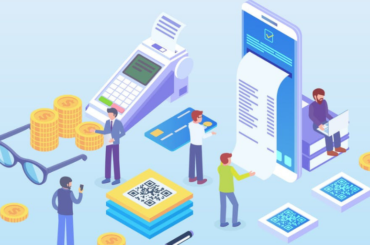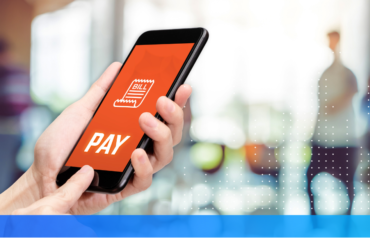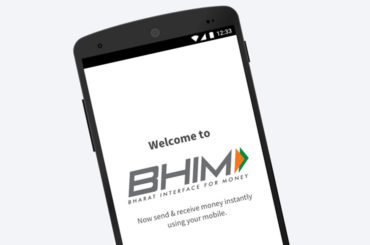International payments come with their own set of challenges, the biggest one being ensuring a safe and secure way of cross border payment collection. Fraudsters are always on the lookout for ways and means to make transactions on stolen cards. It is the responsibility of all stakeholders in the system to ensure that safeguards are in place to mitigate such risks.
Businesses today adopt multiple ways to mitigate fraudulent transactions and avoid chargebacks. Some of these are highlighted below:
Velocity checks
When fraudsters get access to valid card details, they try to max out the card to get as much out of the stolen data as possible. Velocity checks identify and intercept such transactions. These checks may review a multitude of factors like email id, card number, IP address, billing address, etc., and flag repeated transactions in a limited period of time. Declines in such transactions will reduce the risk of fraud for businesses.
Enable 3DS-only transactions
3D Secure transactions enable a 2 Factor authentication that ends customers need to go through before completing a transaction. This has proven to be one of the most successful ways to significantly reduce fraud.
Many Businesses with a high risk of Fraudulent transactions disable Non-3DS transactions to avoid chargebacks at a later stage. The trade-off here is that more than 60% of all cards around the world are not 3DS enabled. Businesses thus need to make a choice between coverage and chargeback risk keeping in mind the nature of their business.
Third-Party Risk Engines
Some businesses either build or employ third-party risk engines to add another layer of risk mitigation to their payments. Many risk engines today exist in the market that provides these capabilities to merchants. This ensures that the Merchant is able to continue with Non-3DS transactions with a reduced risk of fraud.
Address Verification System (AVS)
AVS is a fraud prevention service provided by Razorpay to businesses to authenticate ownership of a credit or debit card used by a customer. Along with the card number and CVV, Razorpay also verifies the cardholder’s billing address. AVS gives businesses a way to check if the shopper placing the order is the same person as the credit card holder, which is more likely if the billing address details match.Activation of Address Verification System can take place by raising a ticket on the Razorpay dashboard. Currently, AVS is only available for cardholders in the United States of America, Canada, and the United Kingdom.
Alternative Payment Methods for foreign countries
Alternative Payment Methods such as Trustly, POLi, Sofort, and Giropay have 2-factor authentication enabled. These will allow access to a larger base of customers due to their coverage and also minimize the possibility of chargebacks.
With a combination of these in place, fraudulent transactions can be reduced to a considerable extent and businesses can grow their sales globally at ease without worrying about chargebacks.





